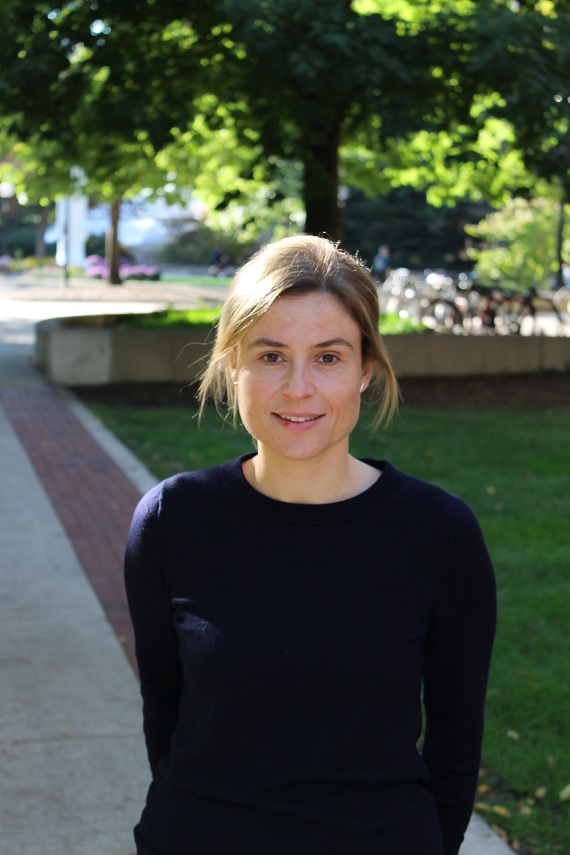Covid-19 has exposed us to a new reality where the virtual world is much more important than before. In order to keep our students engaged at the frontiers of Organic Chemistry, we have organized a weekly webinar series that is a joint collaboration between the Royal Society of Chemistry (RSC) and the Organic Chemistry Division of the Brazilian Chemical Society (SBQ). It is an alternative way to share work and interact with potential collaborators.
The sections will alternate between Brazilian and international speakers, in some cases with the opportunity for a selected Brazilian early career researcher to engage with the audience by presenting their recent independent career developments.
Programme
11:30 Introductions and welcome11:35 Early Career presentation with Q&A
11:50 Main Presentation with Q&A
12:45 Closing remarks
13:00 Close
Speakers
Professor Corinna S. SchindlerCatalytic Carbonyl-Olefin Metathesis
The olefin-olefin metathesis reaction is a revolutionary industrial process that utilizes precious metal complexes to enable direct carbon-carbon bond formation from simple olefin starting materials. The carbonyl-olefin metathesis reaction similarly enables the construction of carbon-carbon bonds and has the potential to have an analogous impact on synthetic strategy. However, currently available synthetic procedures are significantly less advanced. My research laboratory has developed a Lewis acid-catalyzed carbonyl-olefin metathesis that represents a new reactivity mode between carbonyl and olefin functionalities. Our design principle fundamentally differs from stoichiometric carbonyl-olefin metathesis protocols proceeding via intermediate oxametallacycles. It is instead based on the in situ formation of oxetanes as reactive intermediates via an asynchronous, concerted [2+2]-cycloaddition of a carbonyl and an olefin upon activation with FeCl3 as Lewis acid catalyst. This distinct reactive intermediate no longer limits the process to precious metals, enables catalytic turnover, and prevents the formation of stoichiometric waste. This research talk will focus on the latest developments in catalyst design for carbonyl-olefin metathesis to promote ring-closing, ring-opening, and cross-carbonyl-olefin metathesis.
Prof. Dr. Julio Cezar Pastre
Continuous Flow Synthesis of the URAT1 Inhibitor Lesinurad
Our group is interested in the development of new protocols that enable the rapid and efficient synthesis of important heterocycles, and generation of compound libraries for biological activity screening in drug discovery programs. Application of continuous flow chemistry for the synthesis of compound libraries and APIs has been strongly motivated by its key advantages relative to batch methodologies. Bearing this in mind, we will present our efforts toward the development of a new continuous flow process to rapidly generate Lesinurad, an urate anion exchange transporter 1 (URAT1) inhibitor approved in 2015 by the FDA for the treatment of high blood uric acid levels associated with gout.













